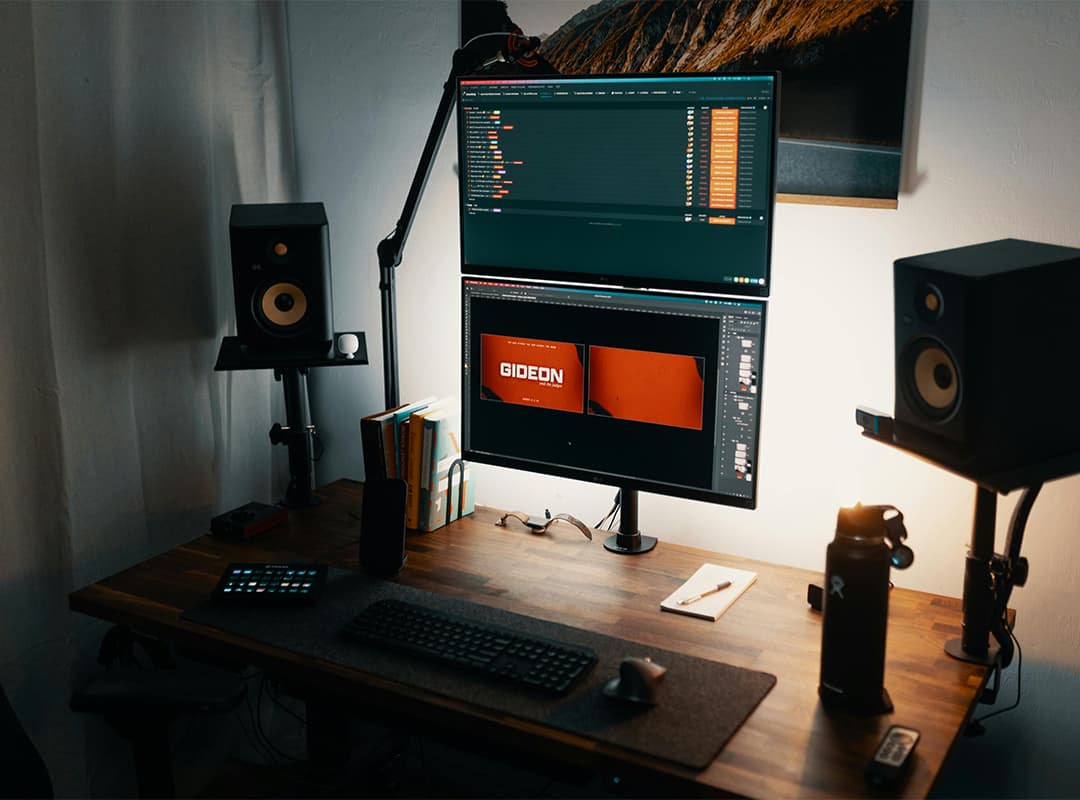Audio encoding is a crucial step in the digital media workflow, whether you’re producing music, podcasts, or any other audio content. However, you might encounter situations where the encoding process takes longer than expected, causing frustration and delays in your project. In this article, we will explore several reasons for slow audio encoding and provide practical solutions to help you speed up the process.
Understanding the Factors That Affect Audio Encoding Speed
Before diving into solutions, it’s essential to understand why audio encoding can be slow. Several factors can influence the encoding time:
- Audio Quality Settings: Higher bitrates and sample rates typically result in better audio quality but require more processing power and time to encode.
- Codec Selection: Different codecs have varying levels of complexity. For instance, encoding in formats like FLAC (lossless) can take longer than MP3 (lossy) due to the differences in compression algorithms.
- System Performance: The hardware you’re using plays a significant role in encoding speed. A slower CPU, limited RAM, or insufficient storage can bottleneck the process.
- File Size: Larger audio files naturally take longer to encode. If you’re working with lengthy recordings, expect a longer processing time.
- Software Efficiency: The software you choose for encoding can impact speed. Some applications are optimized for speed, while others prioritize quality over performance.
Tips to Speed Up Audio Encoding
Here are several strategies you can implement to reduce audio encoding times:
1. Optimize Your Settings
- Choose the Right Codec: If speed is your primary concern, opt for faster codecs like MP3 or AAC instead of more complex ones like FLAC or WAV.
- Adjust Bitrate and Sample Rate: Lowering the bitrate and sample rate can significantly reduce encoding time. For example, if you’re producing content for streaming, a bitrate of 128 kbps may be sufficient.
2. Upgrade Your Hardware
- Invest in a Faster CPU: A multi-core processor can handle encoding tasks more efficiently. Look for CPUs with higher clock speeds and more cores.
- Increase RAM: Adding more RAM can help your system handle larger audio files and improve overall performance during encoding tasks.
- Use SSDs: Solid-state drives (SSDs) offer faster read and write speeds compared to traditional hard drives, which can speed up file access during encoding.
3. Close Unnecessary Applications
Running multiple applications simultaneously can slow down your computer. Before starting the encoding process, close any unnecessary programs and background processes to free up system resources.
4. Batch Processing
If you have multiple audio files to encode, consider batch processing them. Many audio encoding tools allow you to queue multiple files for encoding. This way, you can set them to encode overnight or during times when you’re not actively using your computer.
5. Use Multi-threading Capabilities
Select encoding software that supports multi-threading, which enables the use of multiple CPU cores for encoding tasks. This can drastically reduce the time it takes to encode audio files.
6. Check for Software Updates
Ensure you are using the latest version of your encoding software. Developers frequently release updates that can optimize performance and fix bugs that may slow down the encoding process.
7. Consider Cloud Encoding Services
If you’re consistently facing slow encoding times, consider using cloud-based encoding services. These services often have powerful servers optimized for fast encoding, allowing you to offload the task and save time on your local machine.
Audio encoding doesn’t have to be a time-consuming process. By understanding the factors that affect encoding speed and implementing the tips outlined above, you can significantly reduce the time it takes to encode your audio files. Whether through optimizing settings, upgrading your hardware, or utilizing the latest software, there are numerous ways to improve your audio encoding efficiency. With these strategies, you’ll be able to focus more on your creative work and less on waiting for your audio to encode.


